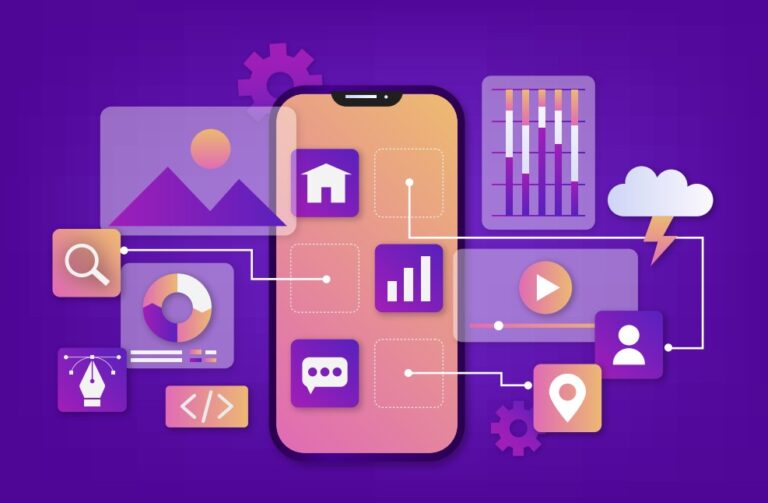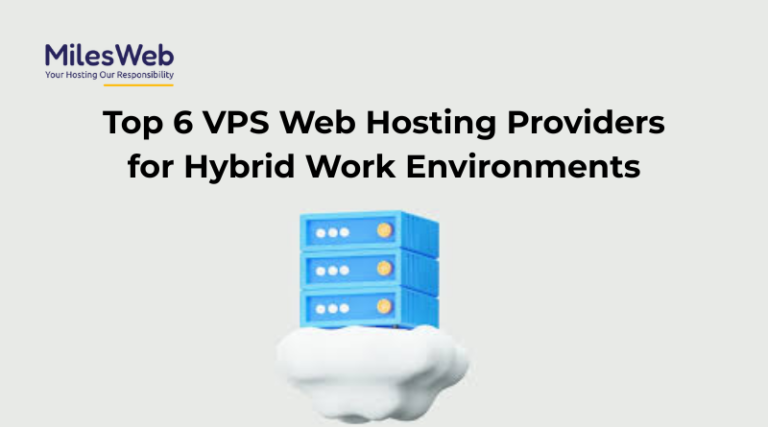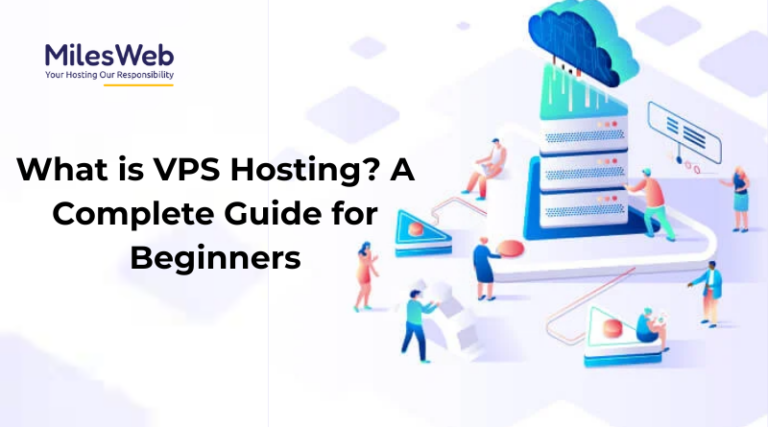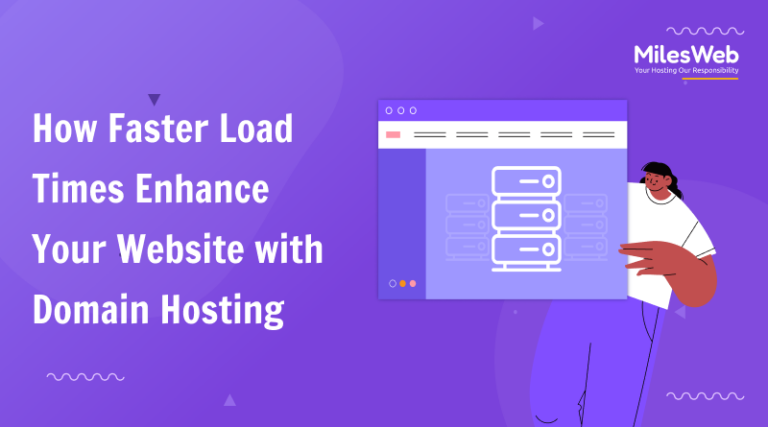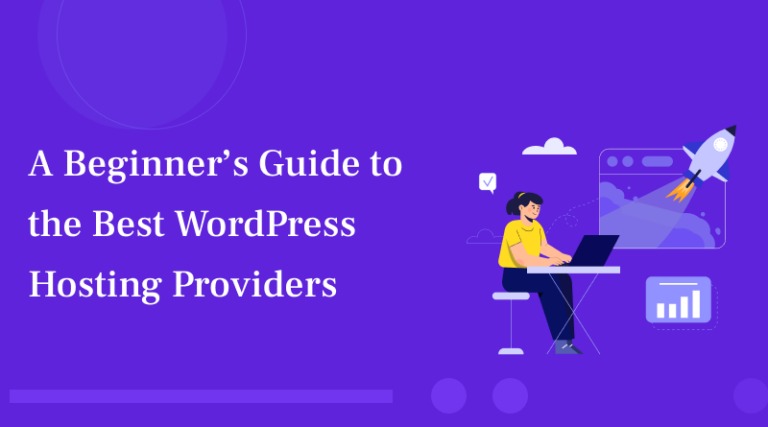Cloud-native applications represent a paradigm shift in how software is designed, developed, and deployed. By leveraging cloud environments to their fullest potential, these applications offer unprecedented flexibility, scalability, and efficiency. However, transitioning to or optimizing cloud-native applications can be complex, which is where cloud consulting services come into play. For a software development company in Bangalore, harnessing the power of cloud-native applications through expert cloud consulting can lead to significant advantages. This article explores how cloud consulting can help maximize the benefits of cloud-native applications.
Understanding Cloud-Native Applications
Cloud-native applications are designed specifically for cloud environments, utilizing technologies such as containers, microservices, serverless computing, and dynamic orchestration. These applications are built to take full advantage of the cloud’s elasticity, allowing for rapid scaling, high availability, and continuous delivery.
Key characteristics of cloud-native applications include:
- Microservices Architecture: Breaking down applications into small, independent services that can be developed, deployed, and scaled independently.
- Containers: Encapsulating application components in lightweight, portable containers that can run consistently across various environments.
- Serverless Computing: Running applications without managing the underlying infrastructure, enabling automatic scaling and reducing operational overhead.
- Continuous Integration/Continuous Deployment (CI/CD): Implementing automated pipelines for frequent and reliable delivery of software updates.
The Role of Cloud Consulting
Cloud consulting services provide expert guidance and support to organizations looking to adopt or optimize cloud-native technologies. These services help businesses navigate the complexities of cloud environments, ensuring that they leverage the full potential of cloud-native applications.
1. Assessment and Strategy Development
A crucial first step in maximizing the benefits of cloud-native applications is conducting a thorough assessment of the current IT landscape. Cloud consultants work with organizations to evaluate their existing infrastructure, applications, and workflows. They identify opportunities for adopting cloud-native technologies and develop a tailored strategy that aligns with the organization’s goals.
In software development, this involves assessing the current software architecture and identifying areas where cloud-native approaches can drive efficiency and scalability. The consultants provide a roadmap for the transition, detailing the steps needed to move from legacy systems to a cloud-native environment.
2. Architecture Design and Optimization
Designing an effective cloud-native architecture requires deep expertise in cloud technologies and best practices. Cloud consultants assist in creating architectures that are resilient, scalable, and cost-efficient. They help organizations select the right tools and platforms, ensuring that the architecture is optimized for performance and manageability.
Cloud-native architectures often involve microservices, which require careful planning to ensure services communicate effectively and maintain data consistency. Consultants provide guidance on designing APIs, managing service dependencies, and implementing orchestration solutions like Kubernetes.
3. Migration and Implementation
Migrating existing applications to a cloud-native architecture can be complex and challenging. Cloud consultants offer expertise in planning and executing migrations, minimizing disruption to business operations. They help organizations refactor or re-architect applications to fit a cloud-native model, ensuring that the transition is smooth and efficient.
During implementation, consultants provide support for setting up CI/CD pipelines, automating testing and deployment processes, and integrating monitoring and logging tools. This ensures that the new cloud-native applications are deployed quickly and reliably, with continuous feedback for ongoing improvement.
4. Security and Compliance
Security is a critical consideration in any cloud environment. Cloud consultants assist organizations in establishing strong security protocols to safeguard cloud-native applications. This includes setting up identity and access management, encrypting data at rest and in transit, and ensuring compliance with industry regulations.
At a software development company in Bangalore, consultants can provide insights into local and global compliance requirements, such as GDPR or ISO standards, ensuring that cloud-native applications meet all necessary security and privacy standards.
5. Cost Management and Optimization
While cloud-native applications can lead to significant cost savings, managing cloud costs effectively requires careful planning and continuous optimization. Cloud consultants assist organizations in implementing cost management strategies, such as using auto-scaling features, optimizing resource utilization, and leveraging reserved instances.
They provide tools and techniques for monitoring cloud expenses, identifying cost-saving opportunities, and ensuring that the organization maximizes its return on investment in cloud technologies.
6. Continuous Improvement and Innovation
Cloud consulting is not a one-time engagement, but an ongoing partnership aimed at continuous improvement and innovation. Consultants provide regular reviews and updates, ensuring that cloud-native applications evolve with the latest technologies and best practices.
This ongoing support helps organizations stay competitive and responsive to changing market demands. Consultants also offer training and knowledge transfer, empowering internal teams to manage and optimize cloud-native environments effectively.
Benefits of Cloud-Native Applications through Cloud Consulting
Maximizing the benefits of cloud-native applications through cloud consulting offers numerous advantages:
- Enhanced Agility and Flexibility: Cloud-native applications can be rapidly developed, deployed, and scaled, allowing organizations to respond quickly to market changes and customer needs.
- Improved Efficiency: Automation and streamlined processes reduce manual intervention, leading to faster development cycles and higher productivity.
- Scalability: Cloud-native applications can easily scale to handle increased workloads, ensuring consistent performance during peak times.
- Cost Savings: Optimized resource utilization and automated scaling help reduce infrastructure costs.
- Resilience: Microservices and containerization enhance application resilience, minimizing downtime and improving fault tolerance.
- Innovation: Continuous integration and deployment practices foster a culture of innovation, enabling organizations to experiment with new features and technologies.
Conclusion
For a software development company in Bangalore, embracing cloud-native applications with the guidance of cloud consulting services can unlock significant benefits. By leveraging expert insights and best practices, organizations can design, implement, and optimize cloud-native solutions that drive agility, efficiency, and innovation. As the demand for robust and scalable software continues to grow, partnering with cloud consultants ensures that businesses remain at the forefront of technological advancements, delivering high-quality solutions that meet the evolving needs of their clients.

